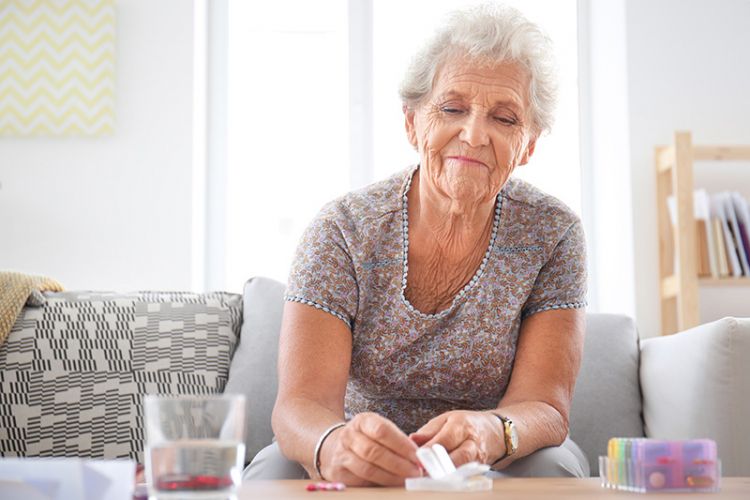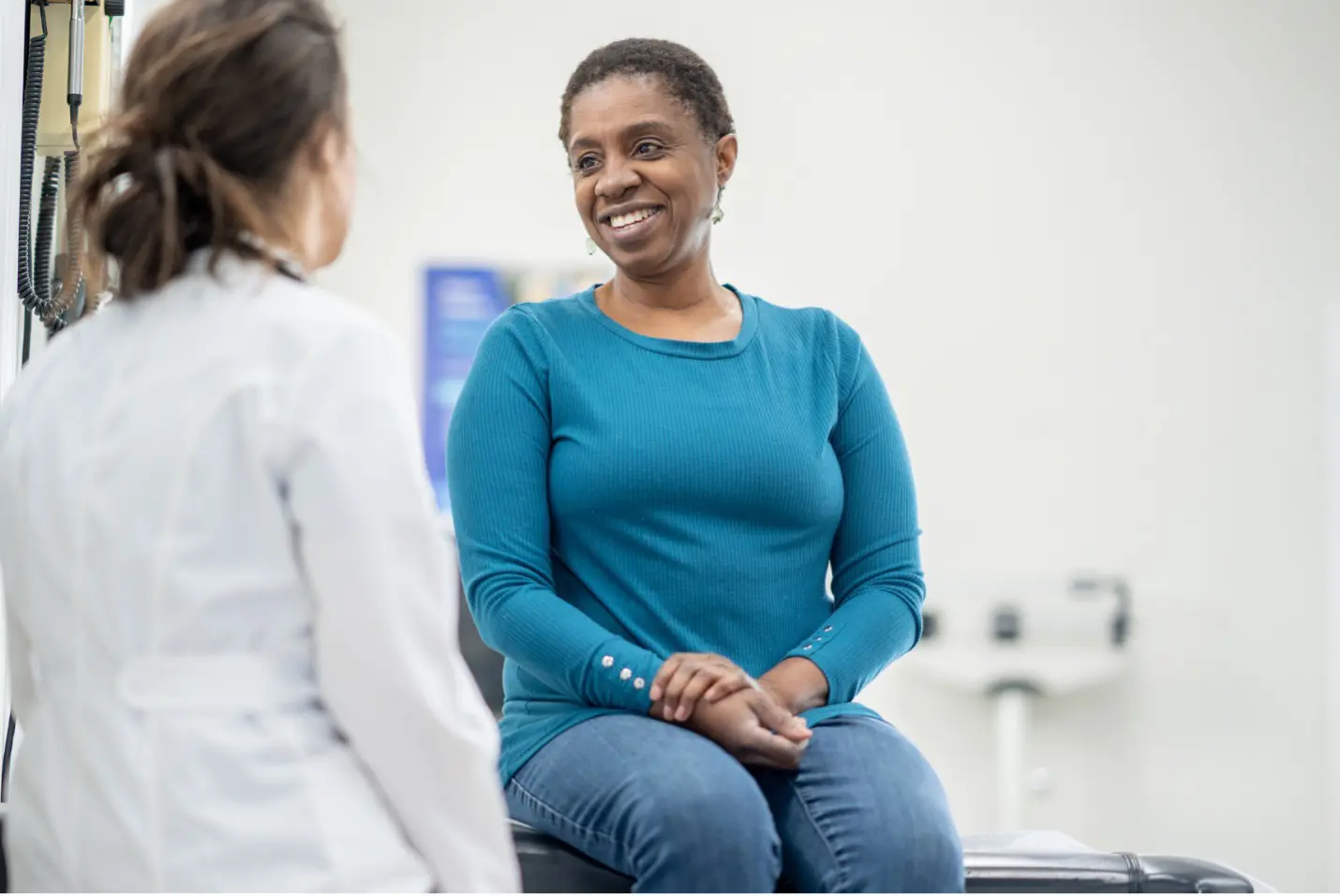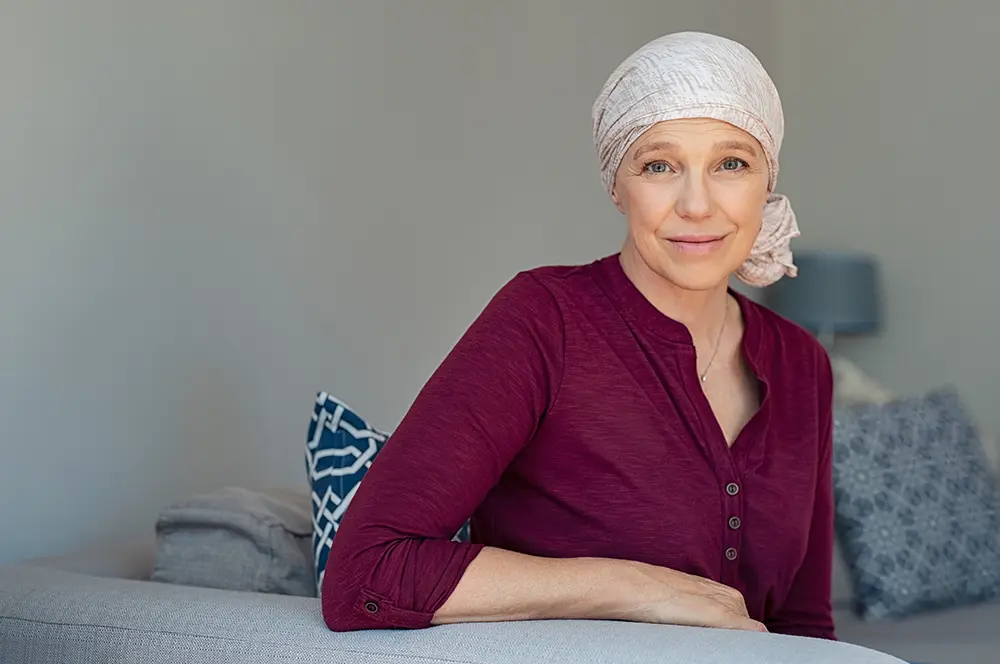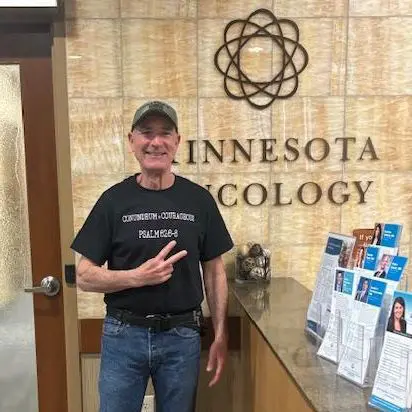Your cancer diagnosis started you down a new journey— one that extends well past the cancer treatment phase. It’s a journey that involves caring for yourself in a whole new way now, and in the future.
At the beginning of your cancer survivor journey, you had to determine what your new normal would look like and share that with your loved ones. In the middle of the journey, focus was on cancer treatment and the physical and emotional side effects of it.
Now that treatment is behind you, you’re able to look forward to the rest of your life. You might even feel up to adding more enjoyable activities into your schedule now that less time is devoted to doctor appointments. It’s that feeling of being ready to “move on.”
While moving on is a good thing, it’s incredibly important that you tend to your health – both your follow-up care as a cancer patient as well as remembering to tend to regular health screenings and caring for other health conditions.
Step 1: Have a Cancer Survivorship Plan
Fortunately, most survivors receive a follow-up cancer plan for their care team that includes information regarding treatment history, care team, suggestions for diet and exercise, and late and long-term side effects as a result of their cancer treatment. According to the National Cancer Institute, this plan should be fairly detailed and answer questions such as:
- When will I begin to feel more like myself?
- Are there specific doctors I should see for my follow-up care?
- How often should I see my doctor(s) for follow-up care?
- Are there certain symptoms I should watch for or be concerned about?
- What long-term health issues could I expect after my cancer treatment?
- What records should I keep about my treatment?
- What steps can I take to remain as healthy as possible?
If your cancer follow-up plan doesn’t address these or other questions that you may have, take time to talk with your cancer care team.
Step 2: Be Diligent Regarding Cancer Follow-up Appointments
Each cancer patient is unique, which means follow-up instructions will vary. Typically, how often you have follow-up appointments will depend on various factors including the type of cancer you had, how it was treated, and your overall health. On average, most cancer survivors are instructed to see their oncologist for follow-up appointments every 3 to 4 months for the first 2 to 3 years after treatment, and then once or twice a year. Since cancer recurrence is always a possibility, it is extremely important to make and keep your follow-up appointments. The earlier a recurrence is caught, the greater the chance of treating it quickly and more effectively.
About Cancer Recurrence
There is no guarantee that a recurrence won’t happen. Nor is there a foolproof way to prevent it from happening. There are, however, certain actions you can take to be as healthy as possible, such as these that are recommended by the American Cancer Society:
- Aim to eat at least 2½ cups of vegetables and fruits each day
- Reduce the amount of red (beef, pork, lamb) and processed meats (hot dogs, sausage, lunch meats, etc.) you eat
- Consume foods made with whole grains rather than refined grains and sugars
- Get regular exercise
- Return to normal daily activities as soon after cancer treatment as possible
- Try to work up to exercising for at least 150 minutes per week
- Do strength training exercises at least twice per week
- Take off weight if you are overweight or obese
- Limit alcohol consumption to one (women) or two (men) drinks per day
Also, take note if you notice signs of cancer recurrence, such as:
- Original cancer symptoms return
- New or unusual pain that lingers
- Persistent cough
- Frequent headaches
- Chills or fever
- Unexplained weight loss
- Difficulty breathing
- Easy bleeding or bruising
- New skin lesions or changes such as an abnormal rash, etc.
- Blood in your stool or urine
- Lumps, bumps, or swelling that can’t be explained
- Nausea, vomiting, diarrhea, appetite loss, or trouble swallowing
- Any unusual symptoms that concern you
Step 3: Get Support from Other Cancer Survivors
As a cancer survivor, it’s only natural that you may experience more anxiety about your health than people who have never experienced something similar. There are a couple of ways you can help relieve some of those worries. One is to remain diligent in attending your follow-up oncology appointments. Another is to look for support from others who understand what you’re going through. A support group for survivors is a great way to get that connection.
By surrounding yourself with other cancer survivors, you can open up about your fears and anxieties to others who are familiar with your struggles. Realizing you are not alone and gaining strength from fellow survivors will help you transition to life after cancer.
Minnesota Oncology hosts numerous survivors’ support groups and events year-round. Click here to learn more about them.





